3 Count: Hey Mickey!
Plagiarism Today
MAY 19, 2022
claimed that they held 50% ownership in the work, given to them by a producer named Greg Mathieson who worked on the album. 2: Delhi HC Seeks Expert Help on Whether Event Firms Need License to Play Music at Weddings. The 3 Count Logo was created by Justin Goff and is licensed under a Creative Commons Attribution License.

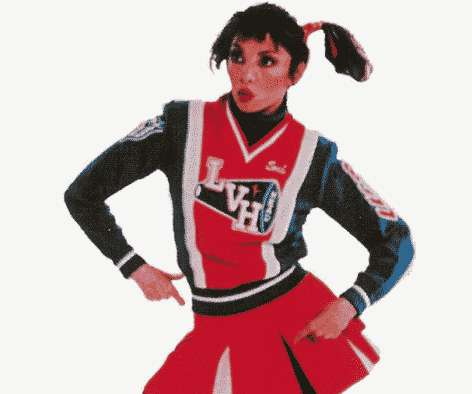
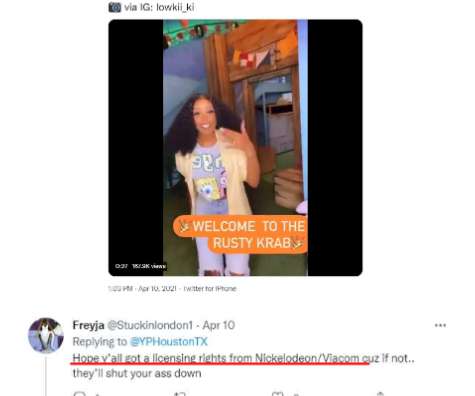

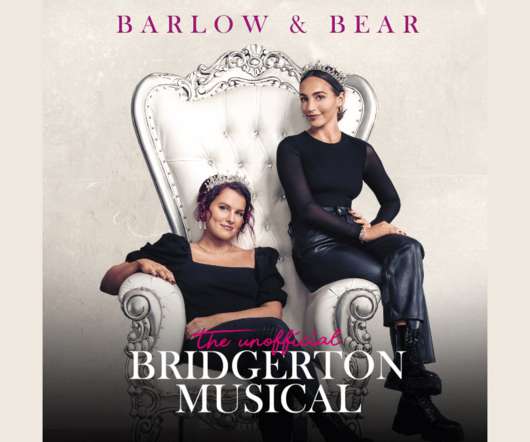

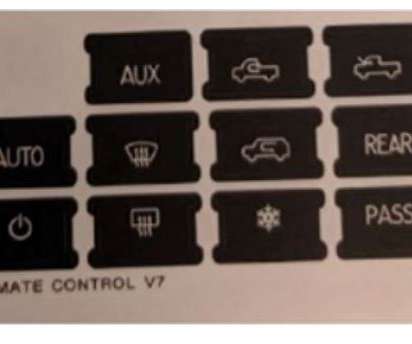
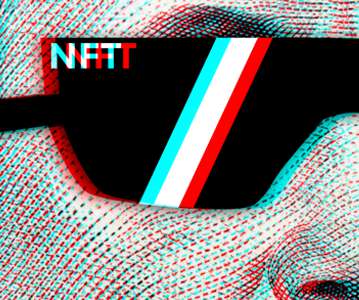
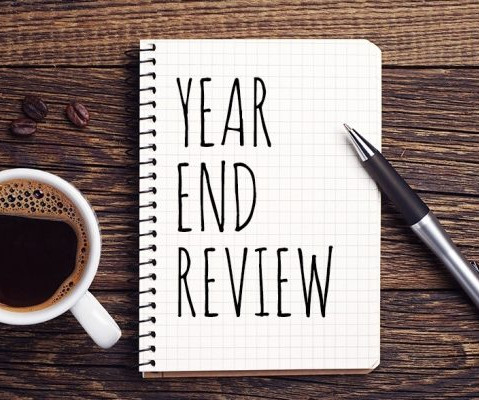






Let's personalize your content